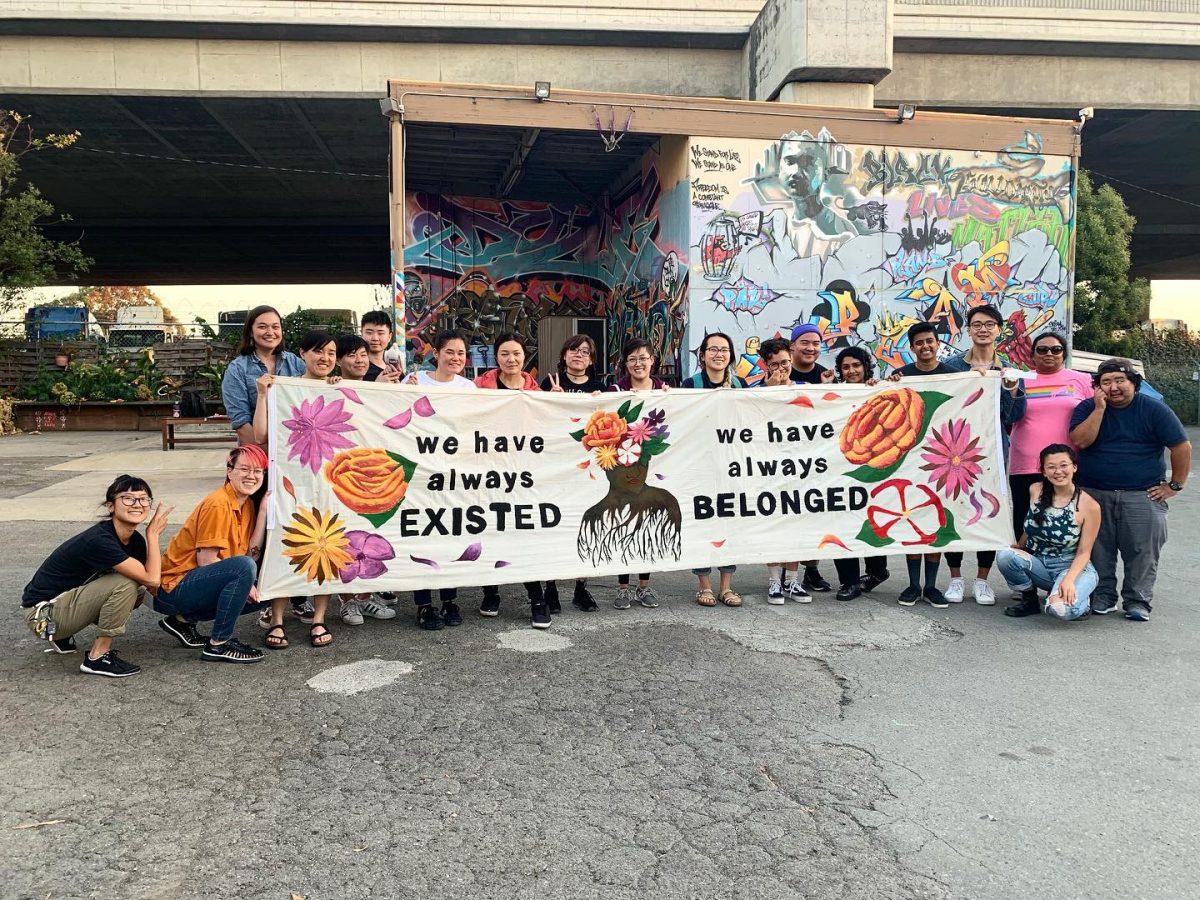The phrase “Women who will make a difference in the world” is imprinted everywhere on campus, and its connotations are difficult for alumnae to escape. Although the current work of some alumnae may not follow the cookie-cutter model of success that Wellesley promotes, they are still able to find success in fields such as activism and organizing work. These “nontraditional” paths are highlighted in the Wellesley Underground, an alternative Tumblr blog for alumnae that highlights post-graduation life, providing “more accessible role models” of all backgrounds and identities. The blog often publishes posts in support of the efforts of current student activists. Most notably, in August of this year, a petition in support of Wellesley union workers that they helped organize was successful in pressuring the school to negotiate a better union contract.
“We [at Wellesley] tend to be, ‘Success looks like X,’ and told that X is a thing that we’re looking for. In actuality, it’s a lot more complicated, it’s a lot more layered than that. So I [really try to] emphasize that there’s a lot of different ways you can fit in … Coming from Wellesley, which has access to so many different people and knowledge and networks, we really should be able to leverage that to make change in the world,” said Hoi-Fei Mok ’10, managing editor for the Wellesley Underground.
Mok’s vision of change already looks drastically different than it did when they were at Wellesley. As a biochemistry major, their assumption about the future was that they would go to veterinary school. They were not generally involved in activism around campus, focusing on identity exploration instead. Just a few years after graduation, however, they were working in climate equity planning for local governments, as well as identity-based work, such as anti-racist and immigration rights groups. Although this journey was quite unexpected for them, the core of how they got there was education.
“I always felt like I was very ‘late to the game’ to the world of activism and organizing because I didn’t come out until late sophomore year, and then I didn’t start getting involved in stuff until late junior year, early senior year … A lot of my education around [activism] actually came through the alumnae Facebook groups and discussions because I wasn’t really in those kinds of spaces while I was on campus. But I still attribute a lot of that growth to Wellesley, because that was really the first introduction to that world [of activism]. If I hadn’t taken that Asian American studies seminar my junior year spring, I wouldn’t be here talking to you,” Mok said.
Hailey Huget ’10, a new editorial board member who has been contributing to the blog for years, experienced a transformation of her worldview by taking classes at Wellesley in the philosophy department. Her work with professors allowed her to recognize the fallacies hiding within the College’s motto, for “making a difference in the world” often entails work that serves to maintain the status quo. Along with the experience of identity exploration, during which she was able to become comfortable with her sexuality, Wellesley led her to the philosophy PhD program at Georgetown University. Throughout that process, she discovered her love for labor organizing, even helping to start the labor union Georgetown Alliance of Graduate Employees.
“I started getting involved in organizing and activism because I realized that it was hypocritical for me to be a political philosopher, spending all my time considering abstract questions about what justice is, without doing anything to make the world a more just place,” Huget said.
Both Huget and Mok agree that their involvement in activism is them putting their values of social justice and equity into action. Their post-graduation organizing work is just one stage out of many throughout their lifelong journey as activists.
“Your personal passions and interests are going to change, and that’s a good thing, that means that you’re growing. My type of activism that I was doing right after graduation looks very different from what I’m doing right now, and that’s a good thing. It means that my political awareness and my philosophies … have all evolved. You want that to happen over time, you don’t want to be static … As you’re graduating, that time in your life is such a time of transition and you’re still figuring out some of your basic foundations in terms of who you are and your values, so there might be a couple of things that you’ll pick up along the way in terms of groups and activities, but it’s important to be able to recognize when to be able to let go of that and be able to … move to the next stage of your life,” Mok said.
Mok urges aspiring activists at Wellesley to not get caught in the trap of competition because “life doesn’t really work that way.” Unseen activist work, such as writing letters to incarcerated individuals, can often have a bigger impact than attending a march for the “brownie points” of posting a picture of one’s attendance. Even though activist work can be accomplished in many different ways, all work shares the core of taking everybody to make change.
“Liberation looks like liberation to all of us,” Mok said.






